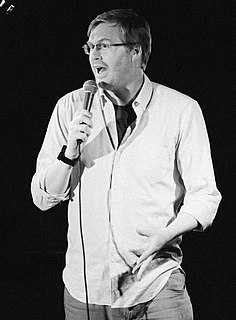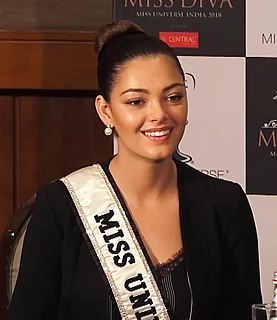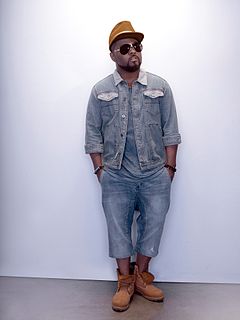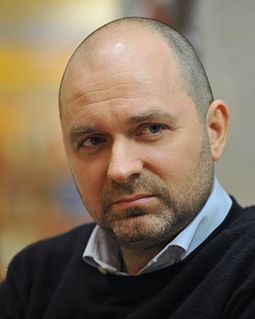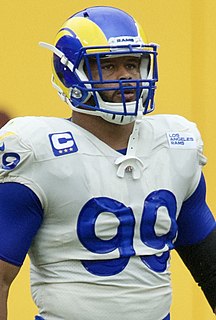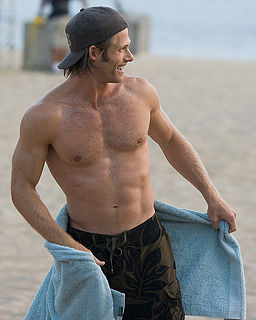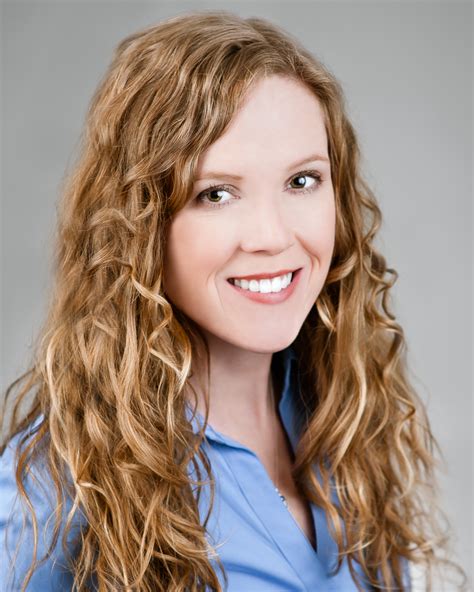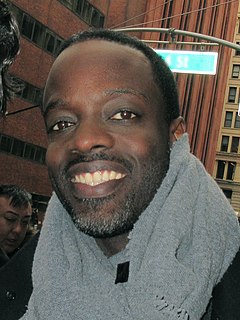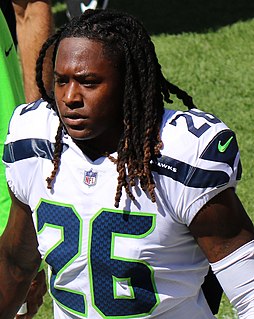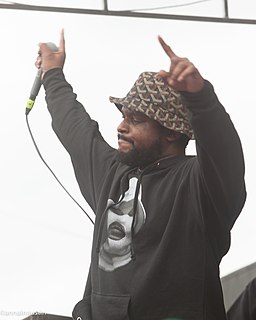A Quote by Jennifer Lopez
I felt about life and the way I felt about my children was so deep and profound. It was the first time I'd felt anything like that. I knew as an artist that it was going to make a huge difference in everything that I did.
Related Quotes
I never stopped believing in us and I never felt like I was wanting for anything, except for my father, and that was not going to be. I describe in the book [that] I don't think I ever felt young again in that way. I never felt I had my 15, 16, 17 kind of years the way I maybe should have. It's a huge dent in you that it's hard to knock out and make it all smooth again.
I felt a certain modicum of success because I had been paid well to be an actor for the first time in my life, but I felt like I had done adolescent work on the show, and stepping into the New York theater arena was the first time I felt like I'd come into my own. I felt like I was proving myself in a gladiatorial arena.
Sometimes I felt lonely because I pushed people away for so long that I honestly didn't have many close connections left. I was physically isolated and disconnected from the world. Sometimes I felt lonely in a crowded room. This kind of loneliness pierced my soul and ached to the core. I not only felt disconnected from the world, but I also felt like no one ever loved me. Intellectually, I knew that people did, but I still felt that way.
It felt really nice to not have anybody talking about numbers, and no one is talking about ratings. From my experience, it felt like there was one person running the ship and it felt like there was space for Jenji to be at the helm. That's not what I've experienced in television before. It felt more akin to an interesting movie, where there were producers who were really excited by the work and wanted to make space for the director's vision to be sort of shared with an audience. It felt more cohesive.
We knew from the beginning the level of commitment needed. We felt honored to work with Stanley Kubrick. We were going to do what it took to do this picture, whatever time, because I felt - and Nic [Nicole Kidman] did, too - that this was going to be a really special time for us. We knew it would be difficult. But I would have absolutely kicked myself if I hadn`t done this.
My books serve as archives of thoughts and emotions, like a tonal history that captures how I felt at a certain time of my life. It's not very informational. You're not going to get comprehensive knowledge about the Han dynasty of China or about India's Emergency. But you might learn how one person felt about the Los Angeles Olympics.
When I saw photographs of children murdered by the Fascist, I felt furious pity. When the supporters of Franco talked of Red atrocities, I merely felt indignant that people should tell such lies. In the first case I saw corpses, in the second only words. . . I gradually acquired a certain horror of the way in which my own mind worked. It was clear to me that unless I cared about every murdered child impartially, I did not really care about children being murdered at all.
So I felt like I had to become a better person, a better man when it comes to my life and everything I have done and will do. I had to figure that part out myself. When it came to the way I was thinking, it was all about, 'Oh, make this play, get these stats, get these accolades.' I felt like that's what was important, and that's never true.
Nas always been my favorite rapper, but 50 Cent, he changed my way of thinking about music 'cause he was so detailed in his music, I knew that wasn't lying. I never felt Tupac that way; I never felt Biggie that way. I love Nas music, but I never felt and believed like, 'This is for real.' 'Cause I grew up that gangsta lifestyle.

